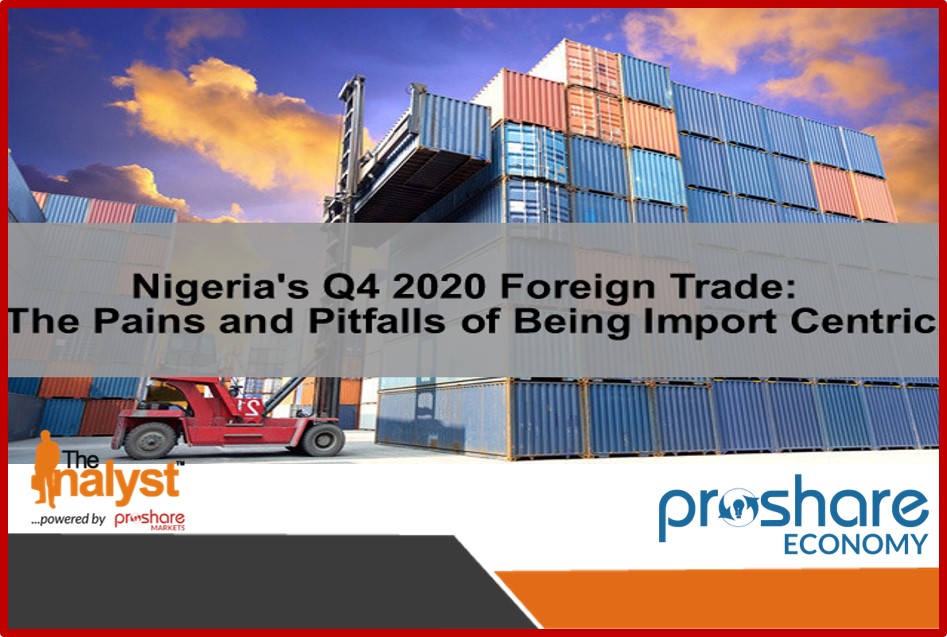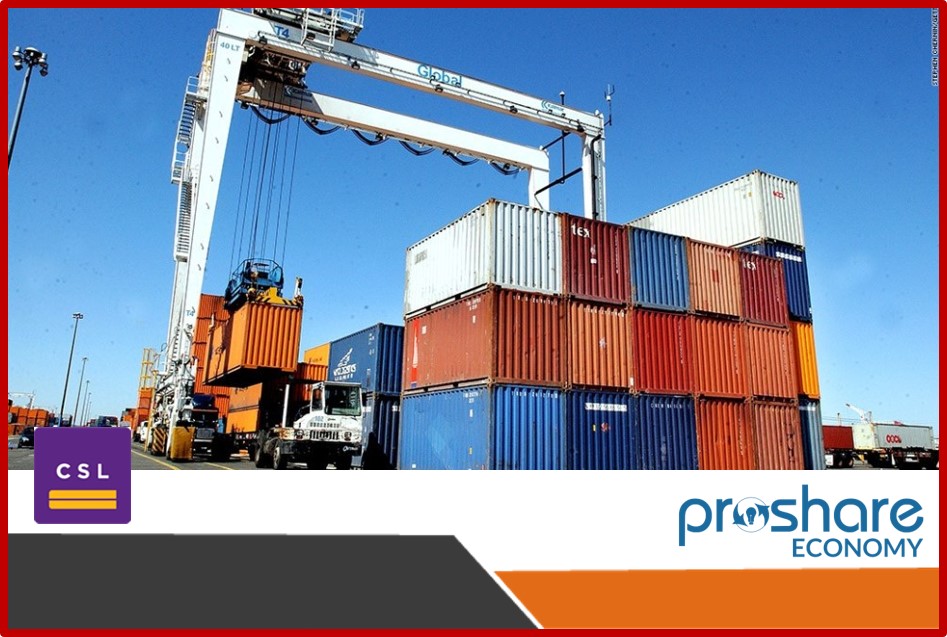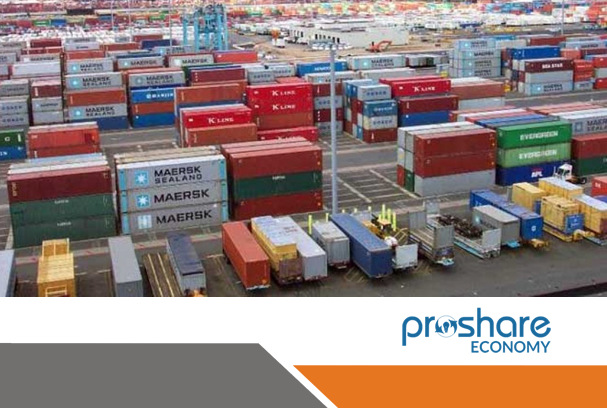Last week, the National Bureau of Statistics (NBS) published the nation’s Foreign Trade Statistics report. The report revealed a 32.2% y/y increase to N12.8tn in Nigeria’s trading activity in Q2-2022 versus the N9.7tn recorded in Q2-2021. However, trading activity moderated q/q with a marginal decline of 1.2% in Q2-2022 (from N13.0tn in Q1-2022) as the reduction in imports outpaced the increase in exports catalysed by a weakening Naira (depreciating by 3.3% YTD to N436.5/$ in the I/E window and depreciating by 24.2% YTD to N706/$ in the parallel markets) and renewed Covid-19 lockdowns in China resulting in slowed manufacturing and supply chain disruptions. China accounts for a significant portion of our imports (26.1% of total imports in Q2-2022). Overall, Total Chinese imports declined by 5.9% q/q to N1.4tn.
In Q1-2022, the total export bill grew 47.5% y/y to N7.4tn, driven by higher crude exports (+44.9% y/y to N5.9tn) which accounted for 79.77% of total exports as oil prices rallied (at the end of Q2-2022 brent crude was $114.81/bbl. +47.6% YTD) despite Nigeria’s continued decline in production. Interestingly, India and Spain remain Nigeria’s top export destinations with N1.1tn and N1.0tn worth exported in Q2-2022. Similarly, the import bill expanded 15.8% y/y to N5.4tn, primarily due to improved demand for imported goods as economic recovery sustained. In addition, we note that the global inflationary environment was higher, broadly impacting the nominal value of trade activities and Nigeria’s imports and exports.
Due to the continued growth of export bills, Nigeria’s trade surplus widened to print at N1.97tn (from a N0.3tn surplus in Q2-2021). Looking forward, we expect trading activities to remain robust . Export receipts will rise due to the expected sustained crude prices, although weaker oil output and supply chain bottlenecks could reduce further growth momentum. On the other hand, we expect the trade surplus to remain sustained. Our outlook is predicated on the continued levels of deprecation for the Naira in the second half of the year. We also expect sustained demand amid elevated prices for petroleum products will be another pain for the import bill, driving it higher.
 Lagos, NG • GMT +1
Lagos, NG • GMT +1











 305 views
305 views















 Sponsored Ad
Sponsored Ad
 Advertise with Us
Advertise with Us









